Archiving cultural ephemera is a tricky business. Anyone who’s followed my writing for even a brief time will have encountered some kind of rant about how the institutional canonization of cultural insurrections like Punk, zine culture, hippies, beats, etc.,—or outcast figures like Ray Johnson, Angus Maclise or Robert Crumb—are at best missing the point entirely; at worst, actively stripping these creative outbursts of their capacity to change minds. On the other hand, if you weren’t there at the time, and you want to know what a psychedelic poster by Rick Griffin looked like, what are you going to do? Jump in your Tardis? Drop two grand on eBay?
In a recent (and beautiful unto itself) catalog from London rare bookseller Maggs Bros., I came across a listing that pretty much sums up this quandary: “68 [Digger Dollar]. Original script. 7.9 x 21.5 cm., printed on both sides in black on white paper, Xeroxed. San Francisco, n.p. [San Francisco Diggers], n.d., 1967. £400.” The artifact in question is a crudely produced unit of mock anarchist currency from the height of the Haight-Ashbury psychedelic (“hippie”) era. Maggs reproduces it at actual size, which brings the aura of the work of art in the age of mechanical reproduction into sharp looking-glass focus—you’d think they were selling fragments of the True Cross!
Another publication that reproduces the Digger Dollar in all its tattered glory is Notes from a Revolution: Com/Co, the Diggers & the Haight, a book I heard about from co-author David Hollander on Facebook after I posted an enthusiastic endorsement of a Peter Coyote interview on KPFK last summer. Coyote, star of stage and screen (and go-to documentary narrator), was a nuclear member of the Digger collective, and contributed a solid personal essay to the book.
The Diggers are most famous for feeding hundreds of people for free in Golden Gate Park during the hippie heyday, but were involved in a wide range of countercultural initiatives—not least DIY media, having emerged from the radical guerrilla street-theater milieu of the SF Mime Troupe. Hollander—alongside co-author, co-publisher and subculture archivist extraordinaire Kristine McKenna—assembled a raft of mimeographed broadsides and other assorted print experiments generated by the Diggers under the auspices of The Communication Company AKA Com/co—basically two freaks who stumbled across some state-of-the-art Gestetner machines and made them available to all comers for the year leading up to the Summer of Love.
This political immediacy is reflected in the almost Punk-like tone of many of the fliers. One reads simply “fuck the communication company,” with the footnote “Gestetnered by The Communication Company.” Others take skeptical satirical aim at such supposed underground heroes as Timothy Leary, Bob Dylan, Augustus Owsley Stanley and Ken Kesey, offer strategies for dealing with police violence, or promote fundraising events for the Black Panther Party. The design is surprisingly raw and confrontational as well—layering one or two colors, roughly collaging appropriated imagery, and using typewriter, rubber stamp and generic industrial fonts more often than the dreamy art nouveau lettering of the concurrent rock posters.
Published just after the Occupy movement’s salad days, Notes ultimately strikes a bittersweet note of historical repetition—though we always have “Occupy—the exhibition and catalog raisonné” to look forward to. The Broad museum maybe? Or how about the Center for Land Use Interpretation? Mining a curiously parallel, but more poetically complex vein, the subject of CLUI’s latest publication—issued by New York’s Blast Books—winds up about as far from anarcho-syndicalist collectivism as you can wander.
Los Alamos Rolodex may well be the most self-explanatory title ever. Apart from a typically droll and informative essay from CLUI director Matt Coolidge, this compact hardbound volume is designed to replicate just that—a circular file of business cards recovered from a military-industrial surplus store adjoining the Los Alamos National Laboratory where the atomic bomb was spawned, and which continues its vital research into the science of national security to this day.
With job titles like “Product Manager, Thermoluminesence Dosimetry Crystal-Solid State Dept.” and “Engineer-in-Charge,” logos and designs that are sumptuously modernist or idiosyncratically vernacular, and company slogans including “… first in holographic gratings!,” “Goliath of the work glove field” and (my favorite) “Specialists in the Generation of Light,” the collection provides ample rewards for even a superficial browse.
Dig deeper and a darker story emerges. Accumulated between 1967 and 1978, the Rolodex covers roughly the same historical period in which the Diggers were active, but articulates a very different set of social protocols based on a diametrically opposed concept of “freedom.” (Guess which won out? Here’s a clue: Card #99 is from A.B. Waters, Technical Manager for the Halliburton Company.)
This tiny sampling is just the tip of the tip of an iceberg made from intricately interconnected modules of capitalist science (and janitorial services), like a glimpse at a deck of cards from some unimaginably immense role-playing game where absolutely breathtaking amounts of energy, material resources, ingenuity, and craftsmanship are expended to realize the absurdist goal of evaporating Russians. No wonder Peter Coyote became a Zen Buddhist!
The immense absurdity of this message is neatly folded back into the modest format of its vehicle, which reminds you of one of those peculiar little “humor” books that proliferated in the ’50s and ’60s out of some weird collision of Madison Avenue and marijuana—William Steig’s The Lonely Ones or Edward Gorey’s The Doubtful Guest, or some of the more far-out offerings from Price/Stern/Sloan—artifacts that tie a little knot in the overwhelming peculiarity of modern life, and, if you’re lucky, function as a ticket to someplace else.
Notes from a Revolution: Com/Co, the Diggers & the Haight
Edited by David Hollander & Kristine McKenna
Introduction by Peter Coyote, Essay by Naomi Wolf
Conversation with Claude Hayward by Kristine McKenna
Flexi-bound / 8 1/2 x 11” / 176 pages / 150 color images
$40 / ISBN 978-0-9835870-3-3
Published by Foggy Notion Books in partnership with Fulton Ryder, Inc.
Los Alamos Rolodex: Doing Business with the National Lab 1967-1978
by The Center for Land Use Interpretation
Hardcover / 4.25” x 6.75” / 160 pages / 150 color illustrations
$17.95 / ISBN: 978-0-922233-45-8
Publication date: January 19, 2016
Published by Blast Books

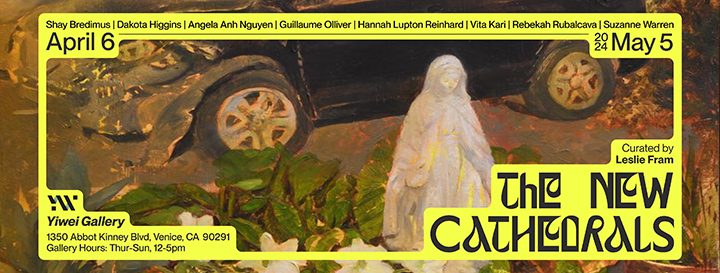



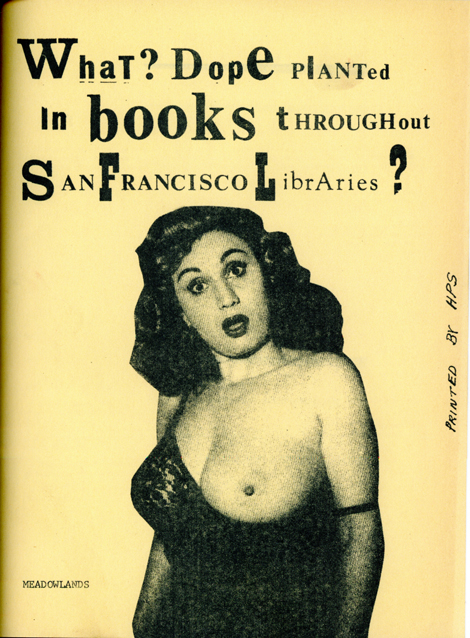
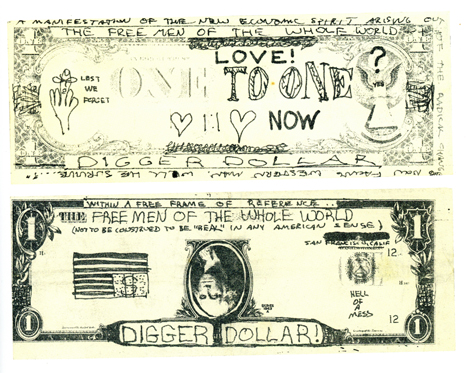
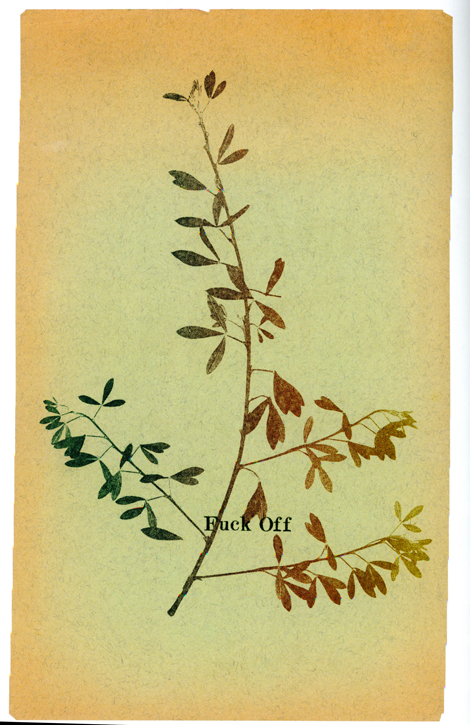

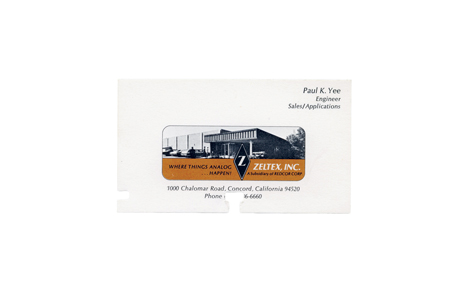
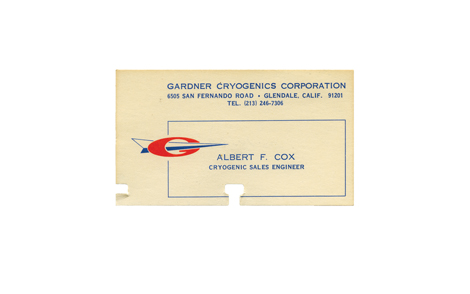
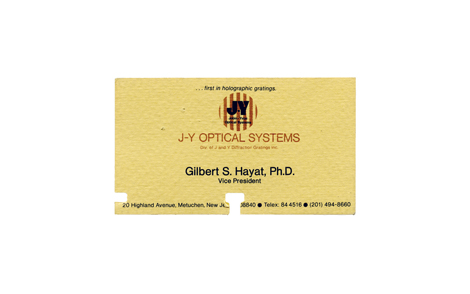
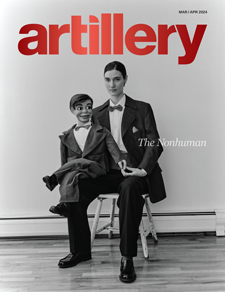




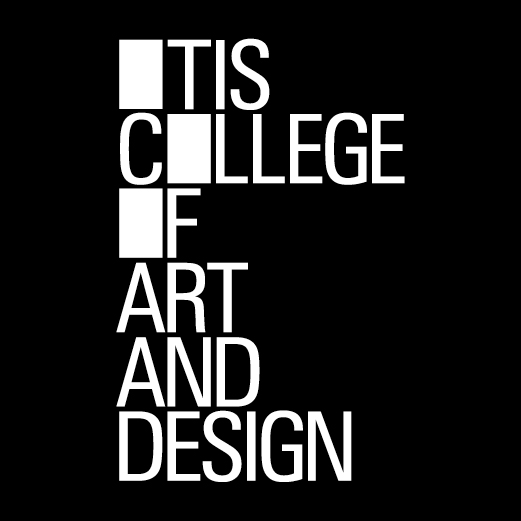
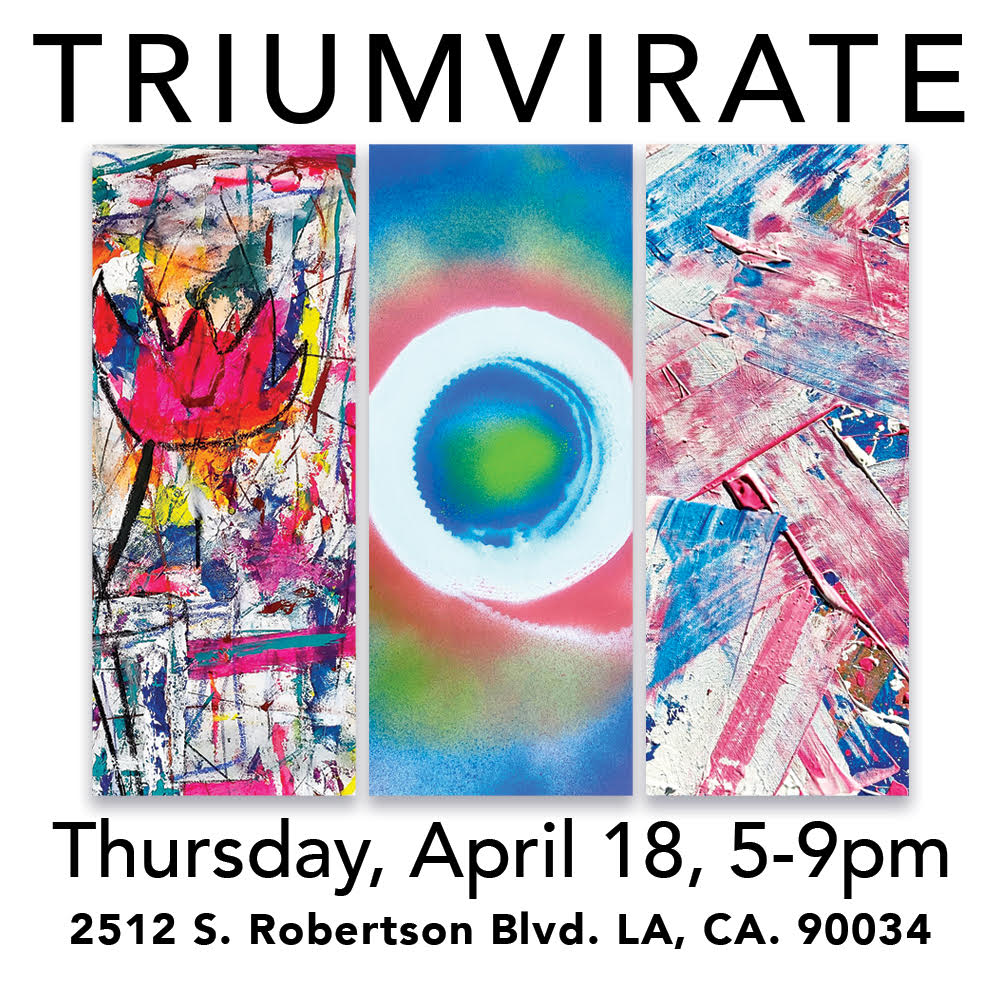



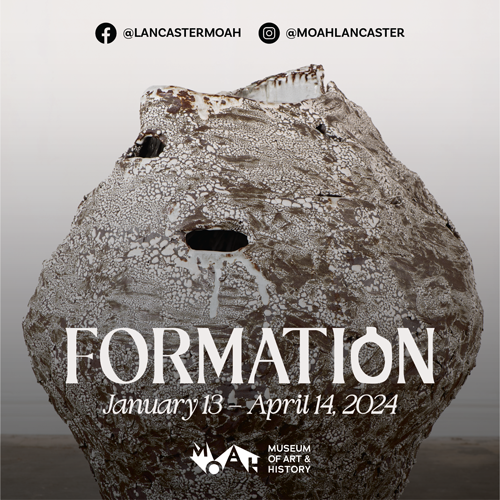

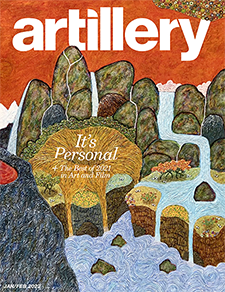
0 Comments